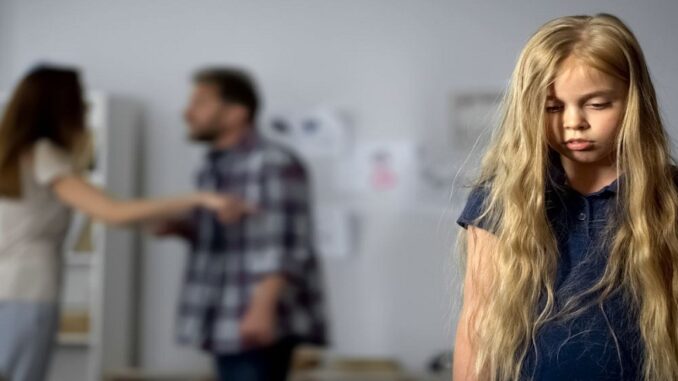
Although for many people childhood is a happy time where they do not have a care in the world, for some the world can be a tough and unhappy place. Despite expecting children to feel secure and protected by adults, this is not always the case. Some children experience neglect or even abuse at the hands of those charged with taking care of them.
But childhood trauma does not always occur in the form of abuse. Sometimes children suffer trauma because of the sudden loss of a loved one, or when someone they love is struggling with a mental health condition. According to the counselors at Psych Blossom ( https://psychblossom.com/), whatever form it takes, childhood trauma can have a devastating impact on the individual and can continue to affect them as they transition to adulthood.
The Impact of Childhood Trauma in Adulthood
Many adults who experienced trauma as a child will suffer with mental health problems in later life. Depression is strongly linked to childhood trauma, especially among those who did not get any help to deal with the traumatic experience when they were young. It can be hard for these adults to deal with stressful situations, and many will use substances such as alcohol or drugs to cope with their feelings. Some will develop an eating disorder.
Children who were abused often end up developing relationships with abusive adults, thus the cycle of abuse will continue for them. For them, this type of relationship is all they know, and they will unknowingly seek it out, even when knowing deep down that it is unhealthy.
Low self-esteem is a frequent problem for adults that experienced trauma when they were children. This can cause them to have self-destructive personality traits, and they may suffer with mood disorders. Feelings of guilt, shame, and anxiety are particularly common among these individuals.
In addition to the impact on mental health, those who have suffered with trauma in childhood have what is known as a ‘heightened stress response’. This means that they struggle with regulating emotions; this in turn can cause them to struggle with sleep. They may then end up with a poor immune system, leaving them vulnerable to various illnesses and diseases throughout their lives.
How to Deal with Childhood Trauma in Adulthood
Allowing the issues caused by childhood trauma to continue unresolved into adulthood can have massive repercussions for one’s mental and physical health. The sooner help is sought for these problems, the sooner one can begin to live a normal healthy life.
If you are in this situation, you may need counselling to help you overcome this unresolved trauma. A good therapist can help you to firstly acknowledge the fact that you experienced the trauma. Many people bury their feelings, hoping that by ignoring them the issues they are experiencing will just go away. This rarely happens. Childhood trauma is not your fault and by learning to accept that it happened, you can find a way to overcome it.
When you work with a therapist, you will learn how to let go of the past and the methods you have developed for dealing with your pain throughout your life. Many individuals with unresolved childhood trauma will make poor decisions as adults. This is often because they believe themselves to be perpetual victims.
Learning how to let go of bad habits and develop new healthy ones can be liberating and is something that a good counselor can help with. This is especially important for those who have turned to drugs or alcohol to help them deal with the emotional pain of what happened when they were young.

Leave a Reply
You must be logged in to post a comment.